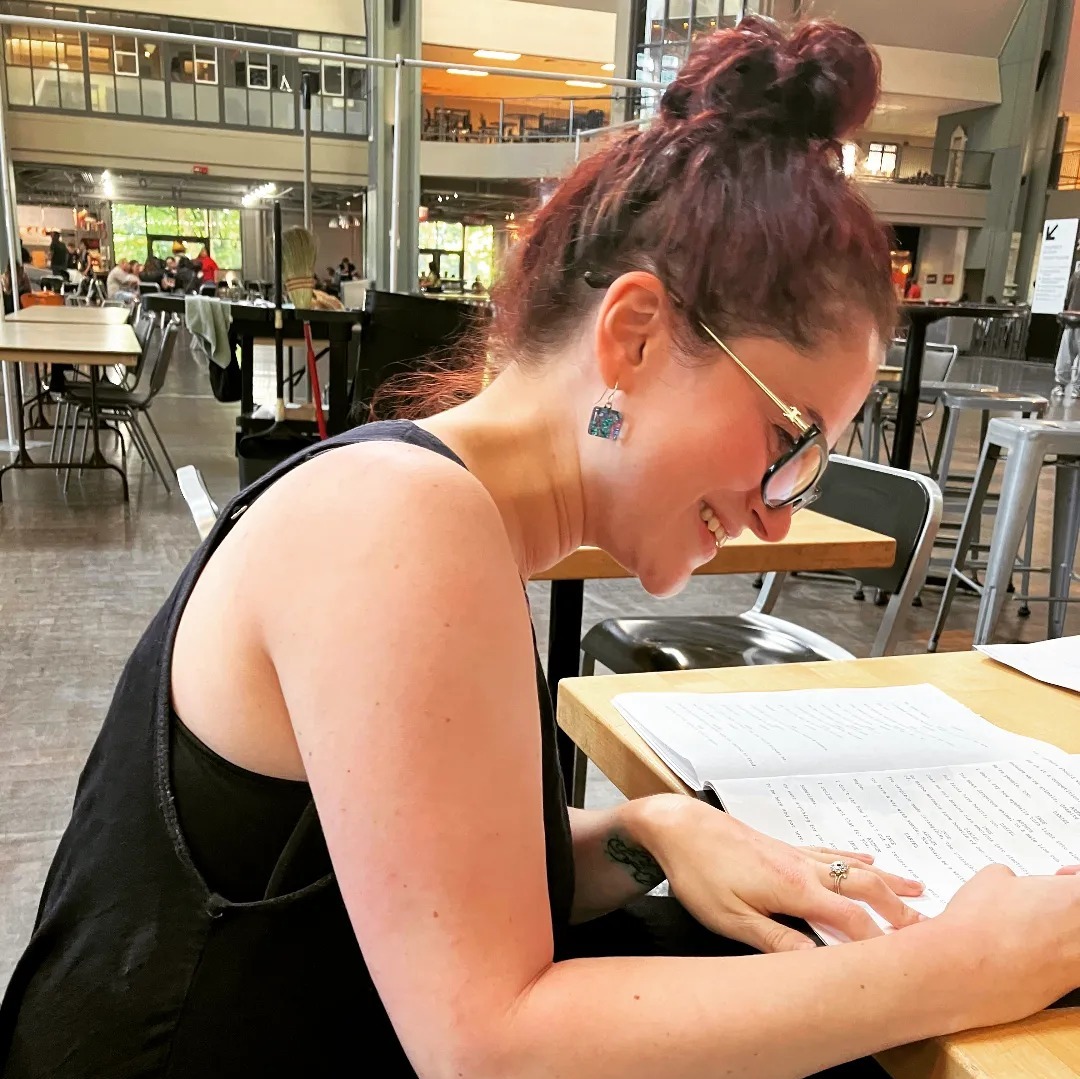We’re excited to introduce you to the always interesting and insightful Anna Tatelman. We hope you’ll enjoy our conversation with Anna below.
Anna, thanks for taking the time to share your stories with us today When did you first know you wanted to pursue a creative/artistic path professionally?
It’s a truth universally acknowledged that the more an insomniac desires to fall asleep, the longer they shall lie awake.
It’s half past two, my digital watch tells me in the darkness. I glower at my roommate’s slumbering form, then try desperately to relax, ever aware what an oxymoron that is. It’s the first day of my last semester at college, and that’s a big deal, but not that big. After graduation, I’m going to be an editor in the publishing industry. I’m a shoo-in; I have several publishing internships under my belt and a rock-star GPA. My dream will soon be my reality.
I light up my watch: five past three. And I have an epiphany: I do not want my dream.
It’s like I’ve been looking at the world through glasses with the wrong prescription my whole life and never known – and it’s terrifying. I breathe in and out, inhaling the musty dorm air, but also the perfume of snow on the way.
In eighth grade, we wrote letters to our future twenty-two-year-old selves. I wrote confidently to future me, certain she’d be a world-renowned editor at Scholastic Books. And now, I’m months away from meeting the reality of that twenty-two-year-old self. Who am I without the promise of what I’d always known I would be?
I love writing, too. From age eleven onward, I immersed myself in fan-fiction. I constantly wrote and published stories online, made friends with others writers, and gathered some followers and writing awards. But I never allowed myself to take writing seriously, or to want to take it seriously. I wonder, What would that look like? To let myself want my real dream, however impractical or beautiful, and let myself pursue it?
I tiptoe out of bed to peek between the half-broken window blinds. Snow has not yet dusted the world, but I still smell it coming.
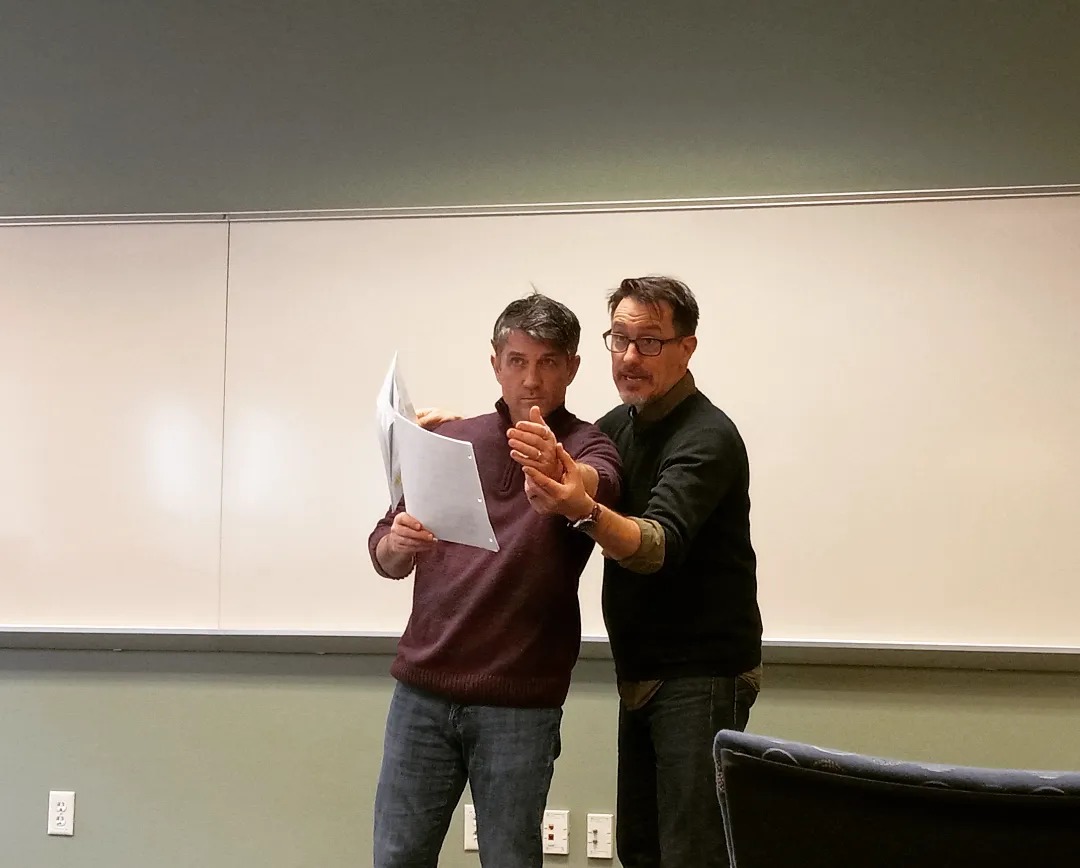
Awesome – so before we get into the rest of our questions, can you briefly introduce yourself to our readers.
Although I’ve been writing since I was a kid, I didn’t allow myself to take my writing seriously until about ten years ago. That meant, first and foremost, prioritizing my creativity in the same way I prioritized my other responsibilities, rather than always putting other tasks before my writing time. There is no one-size-fits-all path for becoming a professional writer, but in my case, this also meant pursuing an MFA in Creative Writing and sending out my work more regularly to theatres or literary journals.
Fiction, for many years, was my main writing genre, but over the past eight years, my attention has shifted toward playwriting. For me, there is no experience quite like live theatre: the process of making a two-dimensional work of art into a four-dimensional one; the way so many creatives unite to make a cohesive artistic vision while presenting their unique talents; the inimitable creation presented at each show, every audience knowing that no one else will ever see exactly what they are seeing right now.
I also have become more a part of the theatre community, both on a local scale in my Seattle home and on a national level. I write reviews of shows, serve as a dramaturg or director for playwrights developing new works, and judge several national playwriting competitions. I’m genuinely passionate about theatre and love helping playwrights amplify the stories they want to share through compassionate but thorough critiques.
As a playwright, dramaturg, and audience member, I am most drawn to works that present ethical complications with no clear answers, that show us characters who are messy yet deeply human. I like being able to grapple in real time with both artists and audiences over the moral conundrums so many of us face in real life, or those moral conundrums that perhaps we’d usually rather ignore despite their reality, but within the safe space of the theatre.
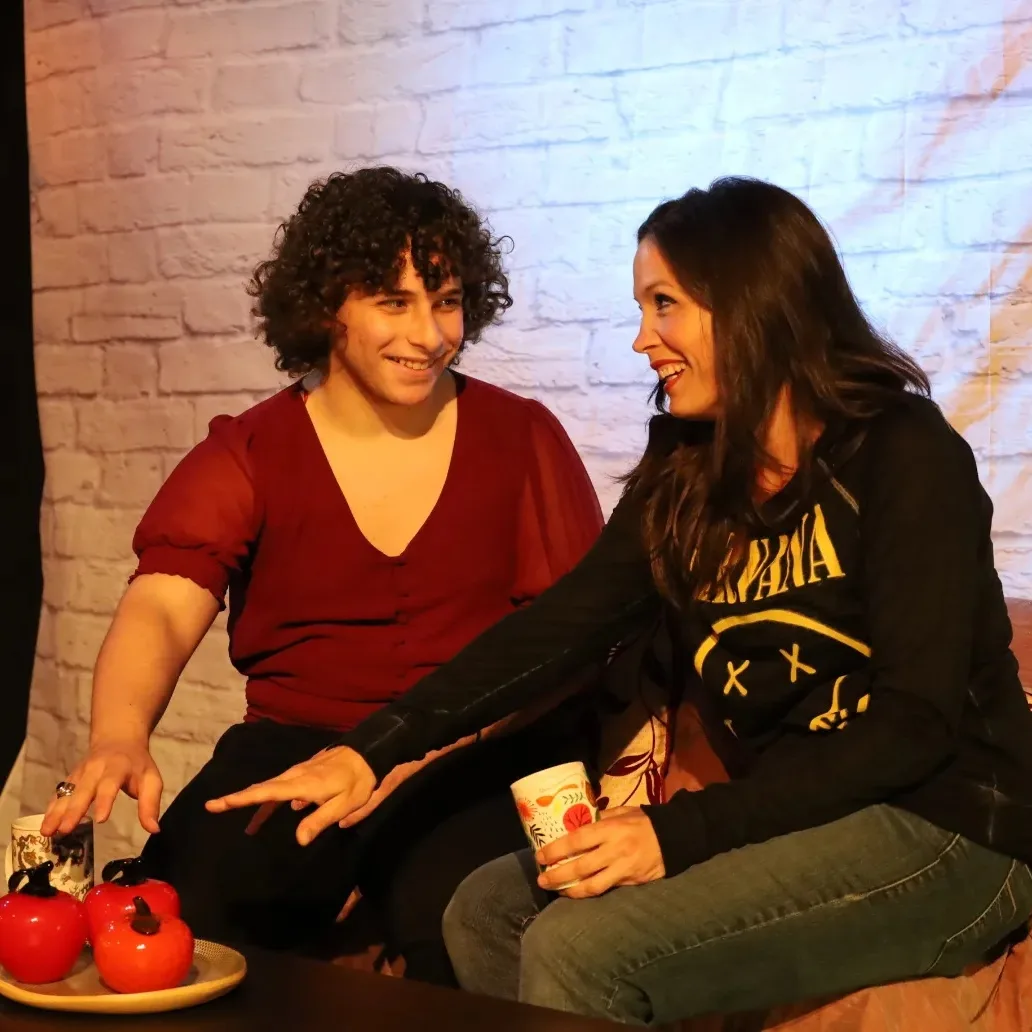
We often hear about learning lessons – but just as important is unlearning lessons. Have you ever had to unlearn a lesson?
A fairly common piece of writing advice is that you should write every day. As with most advice about being a creative, this is great advice if, and only if, it works for you. My writing output actually dramatically increased when I took the pressure off myself to write every day and instead embraced being a binge-writer. I now set aside at least one day each week (more when I can swing it!) to focus on my writing. That means both my creative tasks (like writing, outlining, and editing) and what I call my self-agent tasks (such as sending out submission queries and updating my website or resume).
There have been periods in my life where I’ve gone back to a daily writing practice, such as during the height of the pandemic, when the idea of prolonged creative periods sent me into paralysis rather than fueling my momentum. But by and large, this binge-writing approach works much better for me than a daily writing practice, because I’ve learned that my brain loves to deep-focus on specific tasks or ideas for hours.
So to all the aspiring or emerging writers out there, rather than “write every day,” I want to encourage you to find the writing habit that works for you. The key thing, in my opinion, is that word – habit – rather than the specific frequency. As long as you’re consistently writing, then you are a writer. But you get to decide what that consistency looks like.
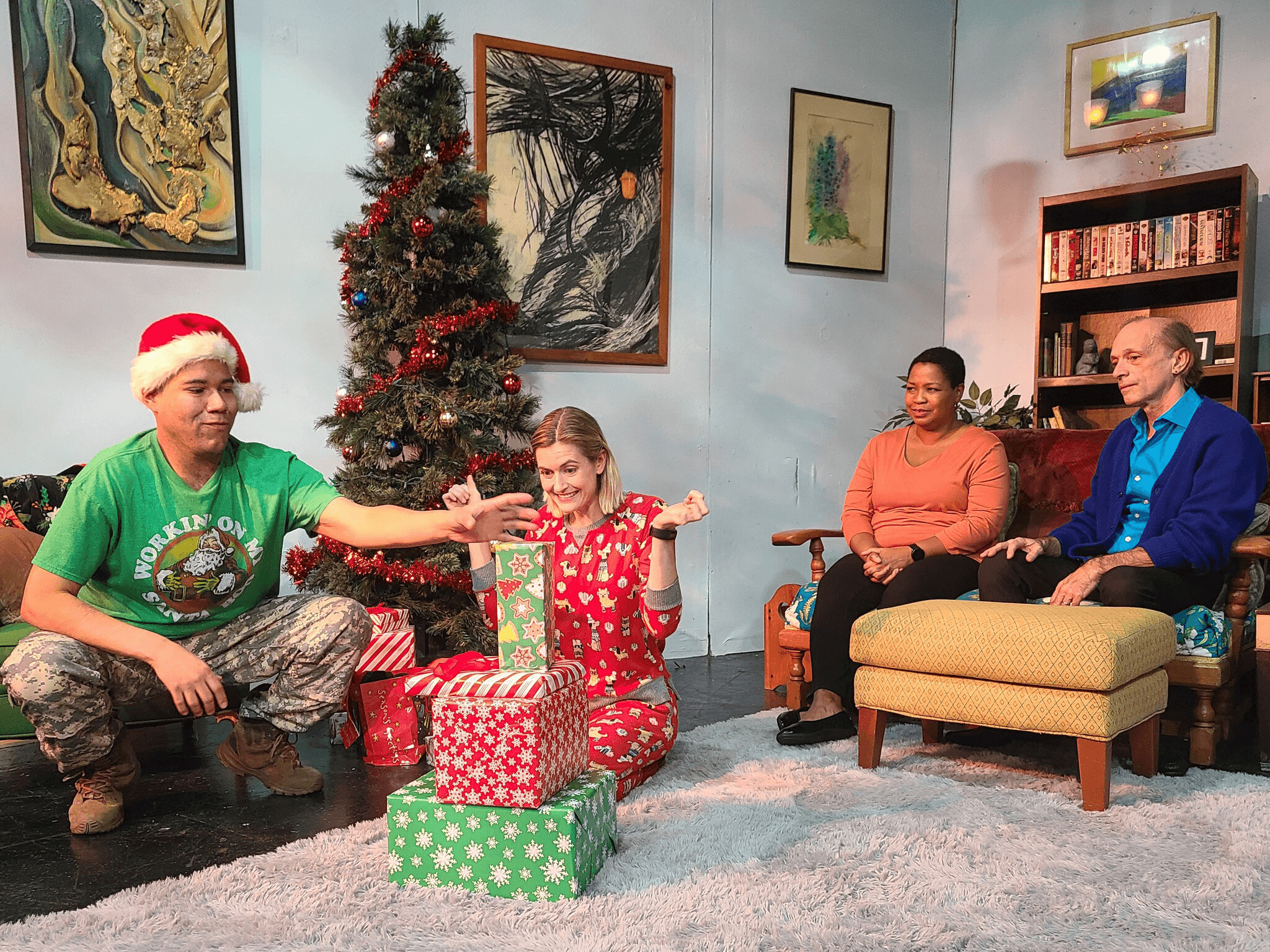
What do you find most rewarding about being a creative?
The most rewarding part of being a writer, for me, is the actual journey of writing: having happy-insomnia about a new project and voice-recording disjointed dialogue ideas at 3am; getting lost in the flow of the words, feeling like I can’t type them fast enough; having one of my characters do something unexpected; jig-sawing my way out of a bout of writer’s block.
To be clear, this does not mean that I’m always jumping for joy at the chance to sit down at my keyboard. Actually, most of the time, I do not want to start writing. But I also very rarely, once I actually start writing, want to stop. 99% of my writing sessions come to an end simply because I’ve gotten too hungry or have another obligation.
Of course I also love the positive end results of all my work, such as getting a play produced, earning a bit of money, or having an audience member come up to me after a show to tell me how much that piece meant to them. But when you’re pursuing a creative life, those positive results can be few and far between. So I consider myself lucky that I genuinely enjoy getting swept up in the creative process above all.
Contact Info:
- Website: https://www.annatatelman.com
- Instagram: https://www.instagram.com/artatelman
- Facebook: https://www.facebook.com/anna.tatelman
- Linkedin: https://www.linkedin.com/in/anna-tatelman-56a13468/
- Other: New Play Exchange: https://newplayexchange.org/users/7585/anna-tatelman
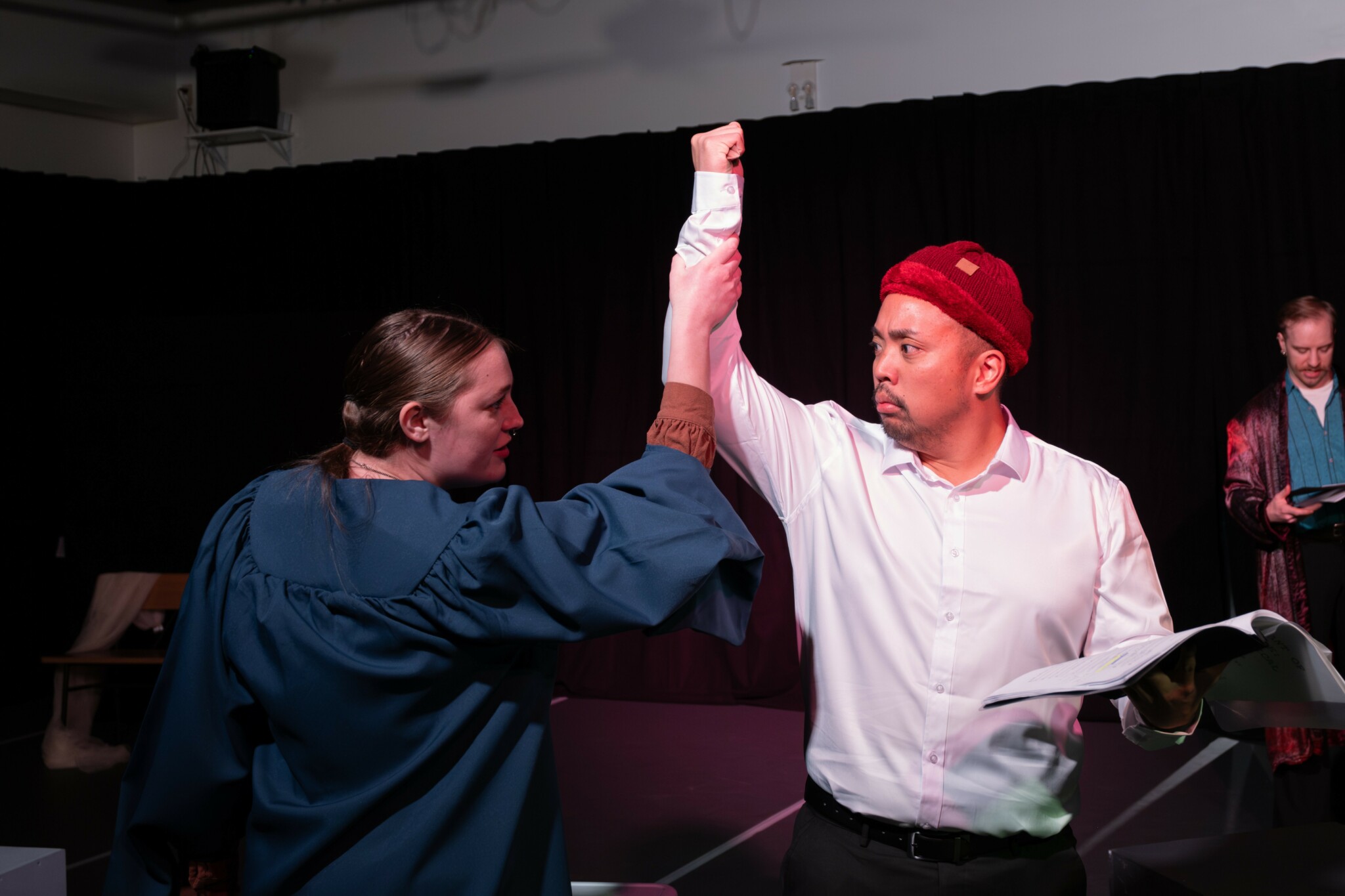
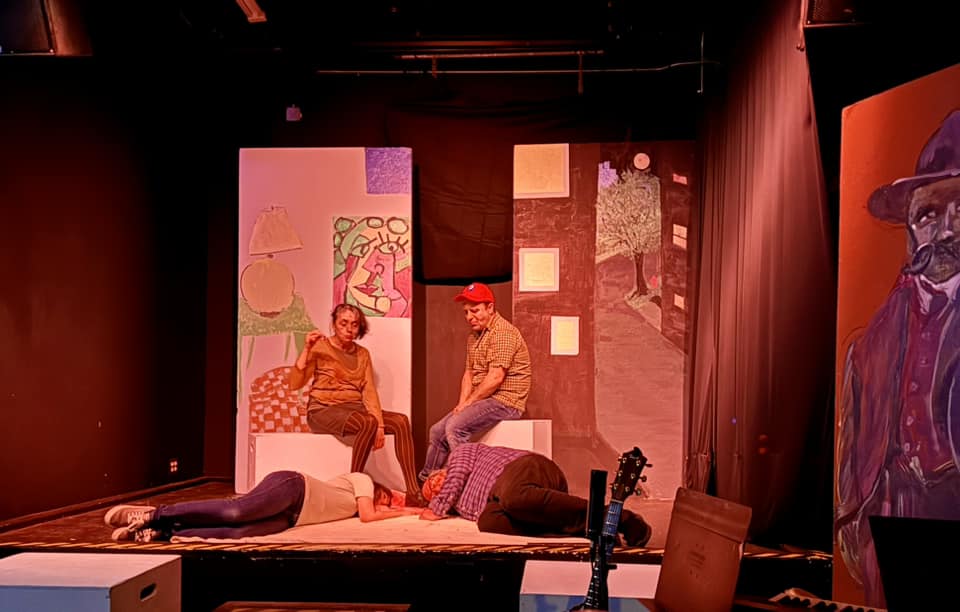
Image Credits
For the picture of the two people pointing in the same direction while looking at each other: Angelo Canzani
For the picture of one person in robes holding the wrist of a man wearing a red hat: Jace Tucker


